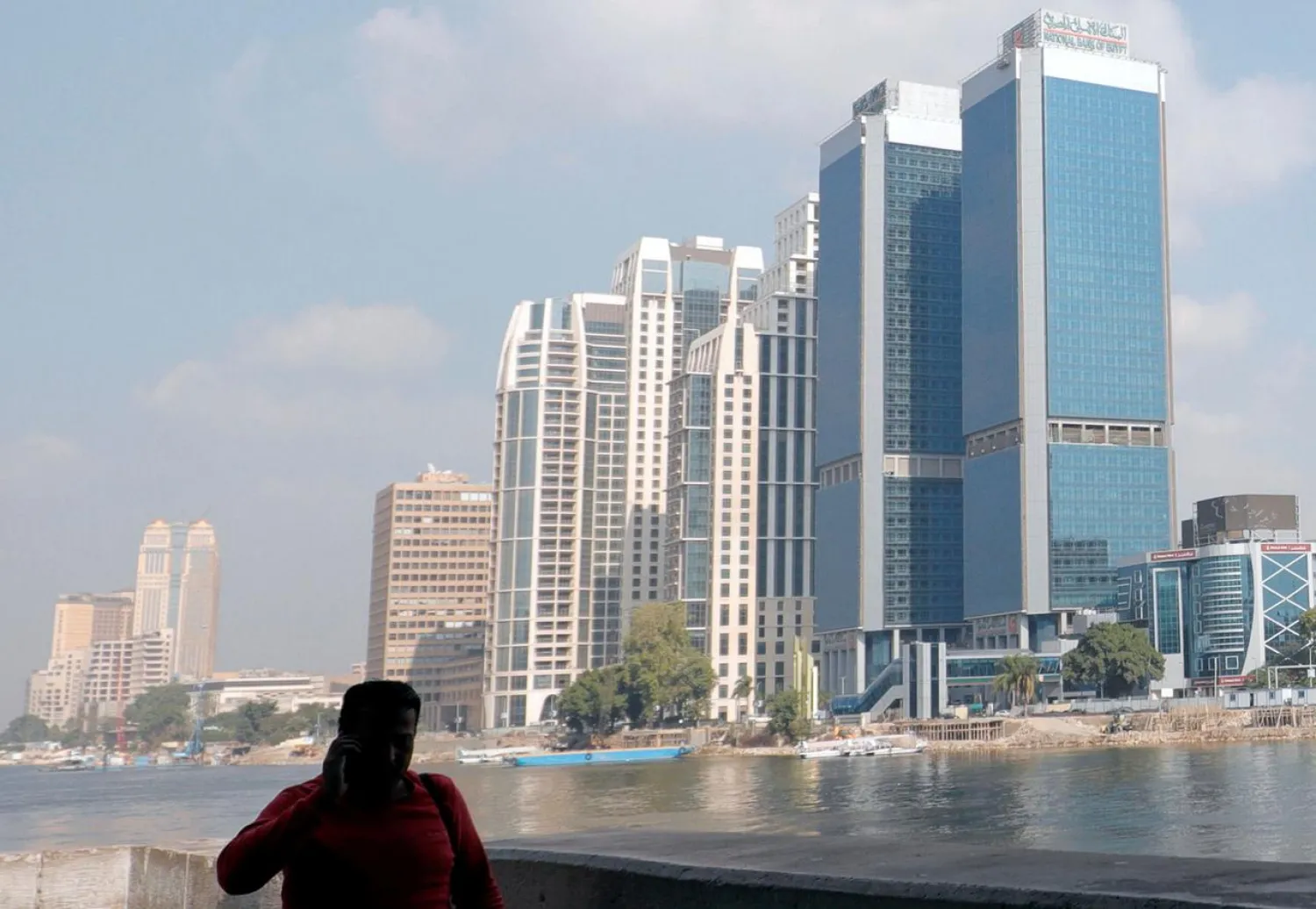Egypt announced on Monday the signing of petroleum agreements for oil and natural gas exploration in the Mediterranean and Western Desert region near the Libyan border, the first such moves in the area.
The agreements coincided with Cairo again indirectly warning Turkey against the repercussions of any unilateral moves that could breach the rights of Cyprus and threaten to the security and stability of the Middle East.
On Monday, Egypt’s Minister of Petroleum Tarek el-Molla signed nine agreements for oil and natural gas exploration in the Mediterranean and Western Desert region, with a minimum investment of about $452.3 million.
He said: “This is in addition to signing grants of about $84 million and drilling 38 wells.”
In 2017, the US Geological Survey (USGS) assessed that the natural gas reserve in the Mediterranean ranges between 340 and 360 trillion cubit feet.
El-Molla said that with Monday’s deals, the number of oil agreements signed by the ministry with investors and partners since July 2014 has reached 79.
Four other agreements approved by the Egyptian House of Representatives will be signed later.
He explained that the ministry's strategy involves offering new international bids during the coming period, as well as concluding more oil deals.
The minister asserted that the oil sector is “the backbone of economic development,” and that the agreements will attract new foreign investments that should help in boosting and maximizing Egypt's oil reserves and production.
Ahmed Qandil, director of the Energy Studies Program at the Ahram Center for Political and Strategic Studies told Asharq Al-Awsat on Monday that the area where Egypt signed the new agreements on exploration had never witnessed such operations before.
On Sunday, the Egyptian Foreign Ministry reaffirmed its respect for the rights and sovereignty of Cyprus in the Middle East under international law and related United Nations maritime conventions, including the areas in which Cyprus has license to explore for oil and natural gas.
Cairo and Ankara are embroiled in a legal and political dispute over oil and gas exploration in the Mediterranean Sea.
On February 2018, Turkey said it does not recognize the Maritime Demarcation Agreement signed between Egypt and Cyprus in 2013 to draw up the maritime boarder between the two countries to exploit natural resources in the Eastern Mediterranean.









